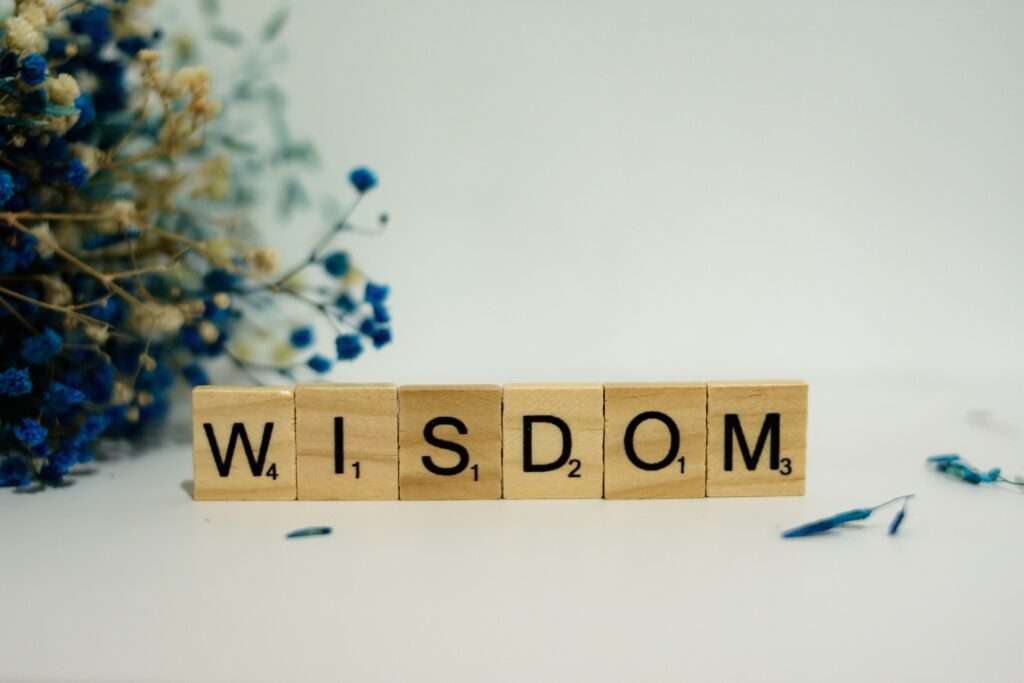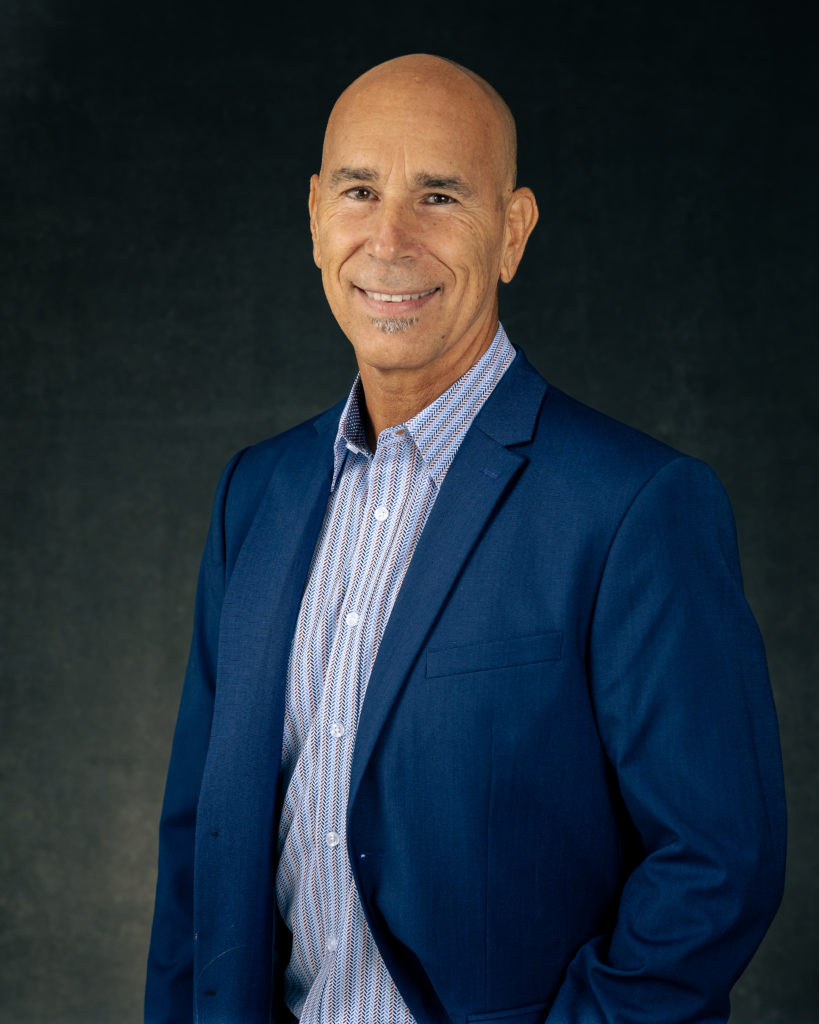Life is often a balancing act between intense periods of activity—your “game days”—and more routine, preparatory phases—your “practice.” Whether it’s a big work deadline, a significant life event, or navigating a personal challenge, these high-pressure moments can either drain or elevate us depending on how we approach them. The key lies in recognizing the difference between game day and practice, and in learning how to navigate the busiest times without sacrificing mental well-being.
The Game Day vs. Practice Mindset
In sports, athletes distinguish between game day and practice. Game days are the moments that count most—when the stakes are high, and all eyes are on them. Practice, on the other hand, is where they refine their skills, recover, and prepare for the next big moment. This same distinction can be applied to our lives.
Too often, we expect ourselves to perform at peak capacity every day, holding ourselves to game-day standards even during practice. This is a fast track to burnout. If you treat every day like game day, you’ll eventually run out of steam. Learning to recognize when you’re in a high-stakes situation and when you’re simply preparing or recovering is crucial for long-term success.
How to Thrive During Life’s Game Days
When you find yourself in a high-pressure period, whether it’s a work project, a personal challenge, or even a busy season of life, it’s essential to embrace a different mindset. Here are five strategies to help you thrive during game days without sacrificing your mental and emotional well-being.
1. Prioritize and Plan Ahead
On game days, time is your most valuable asset. The night before a big day or the week leading up to a deadline, prioritize the most critical tasks. Break them down into manageable steps and create a clear action plan. By getting organized, you alleviate the anxiety that often comes with high-pressure situations.
2. Take Care of Your Physical Well-Being
High-pressure times are not the moments to skip meals or sacrifice sleep. In fact, your physical well-being is even more important during these periods. Make sure you’re eating well, staying hydrated, and getting enough rest. These practices ensure you have the energy to sustain your mental sharpness throughout the day.
3. Give Yourself Permission to be Imperfect
During busy times, perfectionism can be your worst enemy. Striving for perfection when the stakes are high can lead to unnecessary stress. Understand that game days are about performance, not perfection. Get comfortable with delivering your best under pressure, even if it’s not flawless.
4. Practice Mindfulness and Stay Present
When you’re in the thick of a high-stakes period, it’s easy to get overwhelmed by everything on your plate. One powerful tool to keep you grounded is mindfulness. Taking a few moments to breathe, meditate, or simply check in with yourself throughout the day can help calm your mind, enabling you to focus on the present task.
5. Debrief After the Game
After a busy period, athletes review their performance to understand what went well and where improvements can be made. Take time to reflect after your “game day.” What worked? What could you have done differently? Reflecting on your performance helps you grow and prepares you for the next time you face a high-pressure situation.
Managing the “Practice” Days
In between the game days are your practice days—the moments when you can take a step back, recover, and prepare. Use these periods to invest in self-care, personal development, and long-term planning. By balancing intense work with adequate rest, you set yourself up for sustained success.
Call to Action:
If you’re constantly feeling like every day is a “game day,” it’s time to rethink your approach. Take a step back, assess your routine, and prioritize your well-being. Start by identifying when you’re truly in a high-stakes period and when you can give yourself permission to focus on rest and recovery. This balance will not only boost your productivity but also protect your mental and emotional health in the long run.
Win at Business, Succeed in Life
with Coaching
Schedule a Free Consultation Today!








